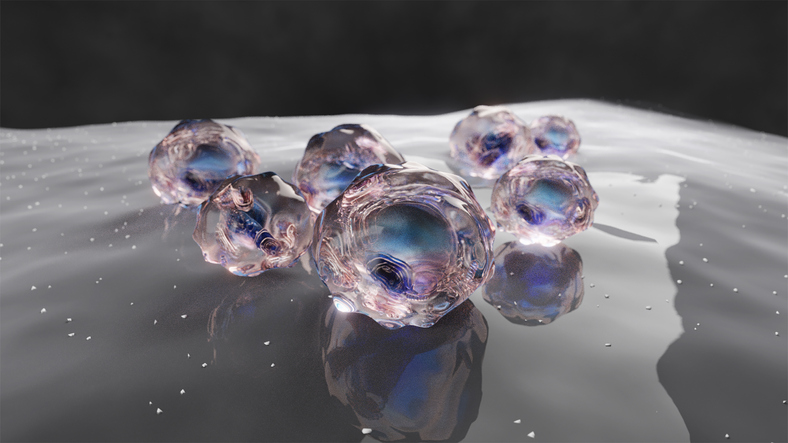Making therapies from induced pluripotent stem cells (iPSCs) usually takes many experiments to scale up production. Wei Xie, PhD, assistant professor of mechanical and industrial engineering at Northeastern University in Boston, hopes to streamline that process with modeling. Recently, Xie and her colleagues described a biological system-of-systems (Bio-SoS) framework—including a multi-scale bioprocess mechanistic model—for iPSC aggregate cultures. This multi-scale mechanistic model can characterize spatial heterogeneity shaped by cell-to-cell interactions and causal interdependencies across scales: molecular, cellular, and macro.
Multi-scale mechanistic models with modular design for iPSC cultures can facilitate data integration, including heterogeneous data collected from different production processes with different scales, dynamics, and feeding strategies. As Wei explains, “Similar to assembly manufacturing processes for customized products, such as computers, the system of modules can be assembled for different production processes.” These potential applications include culturing iPSCs in 2D monolayer and 3D aggregates, facilitating data integration, improving predictions, and accelerating process development and optimal control.
That’s especially important with iPSCs because these cells cultured in aggregates create heterogeneous microenvironments and variability in functional behaviors. As Wei says of iPSCs: “It is more challenging in terms of the culture process and cell-product quality control.” By using a Bio-SoS framework with a multi-scale bioprocess mechanistic model, Wei explains, it is possible “to better understand the mechanisms and uncertainties of the end-to-end culture process to facilitate large-scale manufacturing and real-time release.”



